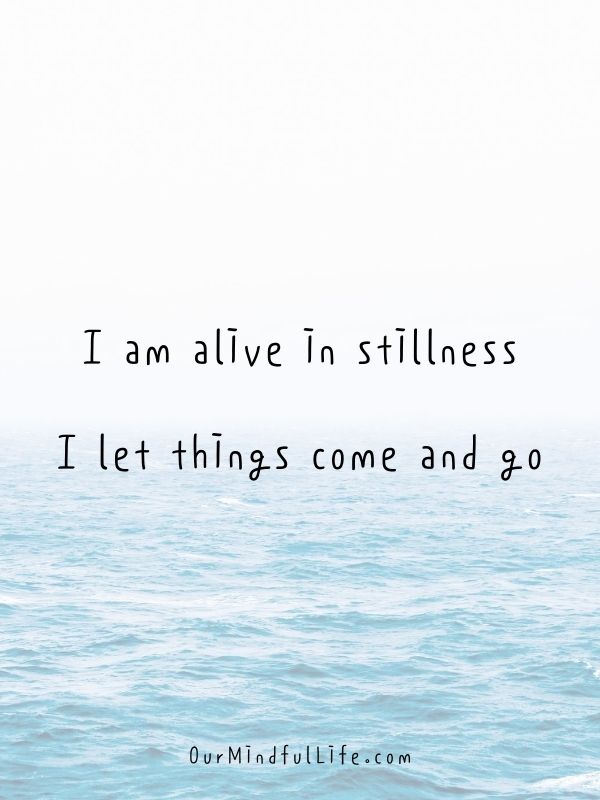|
Meditation was something I did infrequently until last year, the reason for that was because I felt I got a similar feeling, quiet/stillness/being, from yoga asana practice. I started a more regular practice during lockdown 1 (remember we did this on Facebook together?). This practice fell to the wayside a bit when I became ill and ended up in hospital, mostly because I wasn't with it.
After that I started to practice again because my Myeloma diagnosis and shattered vertebrae led me to a more gentle yoga practice. I now practice meditation/mindfulness twice daily and have spent some time studying pranayama, meditation and mindfulness. The reason I have been doing it is that I feel it has added to the mental stability I feel I have already built from a regular long term yoga practice. It has allowed me to remain mostly positive about the Myeloma, vertebrae situation with just a few wobbles about the future. What is mediation? For clarity: meditation is the practice that helps you learn to be present; mindfulness is the action of being present. I also like to think that as yoga asana is the practice of watching your body, meditation is the practice of watching your mind. As I understand it Meditation is about coming into stillness and trying to allow yourself to be present and in being mode as opposed to doing mode. You observe what is happening internally – discomfort in your body, how your breath is and how your mind is. Your mind is a bit tricky, however: there's a part of it that likes to distract you by chattering at you, reminding you of things you have done, what you need to do next and things you feel bad about. Remember yoga is described as reducing the fluctuations (chatter) of the mind. The part of you that observes this chatter could be described as the Self. The object of meditation is not to stop your mind from chattering but to be aware of the chatter and not react to it. Often we listen to these distracting thoughts and try to come up with solutions for them. This can cause mental and emotional pain and self-destructive thinking, however if we can observe the thoughts and give them some space and time they might solve themselves or even dissolve away. Practicing meditation means you can live more mindfully. (mindful is living in the present, meditation is the practice). Thoughts can cause pain – self-induced pain – and the emotions these evoke can lead to self-destructive thinking. Meditation can help train the mind to be aware of these thoughts but not focus on them, to let them go and be in the present. With yoga asana you are observing your body, with meditation you are observing your mind. It can also help you understand the patterns of these thoughts and the impact of them. In this way meditation is beneficial to mental health, although if you have mental health problems and you want to try meditation it is better to find a professional for guidance. Meditation is a practice which changes day to day. Sometimes it’s not easy to let the thoughts go and you start a dialogue in your head trying to solve things – it’s disappointing when this happens but I just let it happen knowing that it will be different the next day. I hope that you might be interested in trying meditation. If so: set a timer for a minute, sit comfortably, close your eyes, breathe easy and just watch what happens, this is the beginning of your journey. Try again tomorrow, the day after and so on and watch how your mind's wanderings change as the days pass.
0 Comments
|
AuthorSarah Barron, founder of SMYL Archives
November 2021
Categories |



 RSS Feed
RSS Feed
